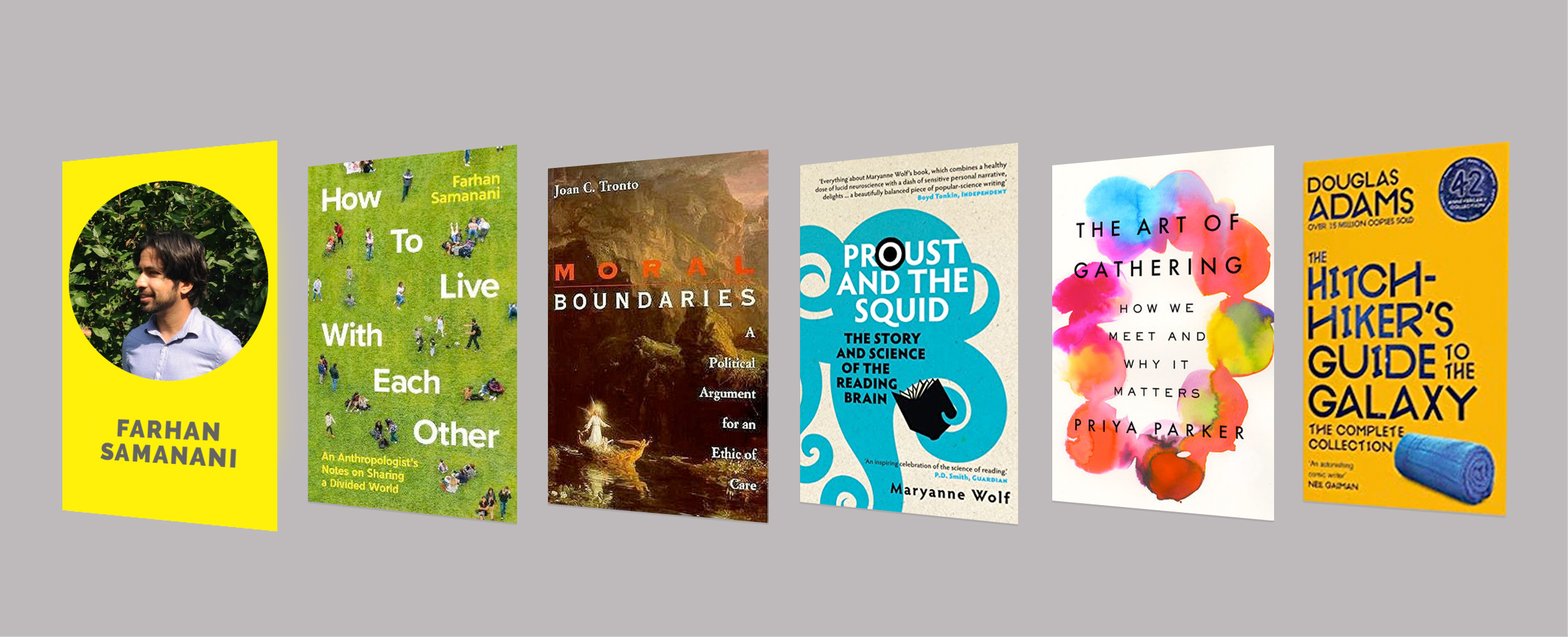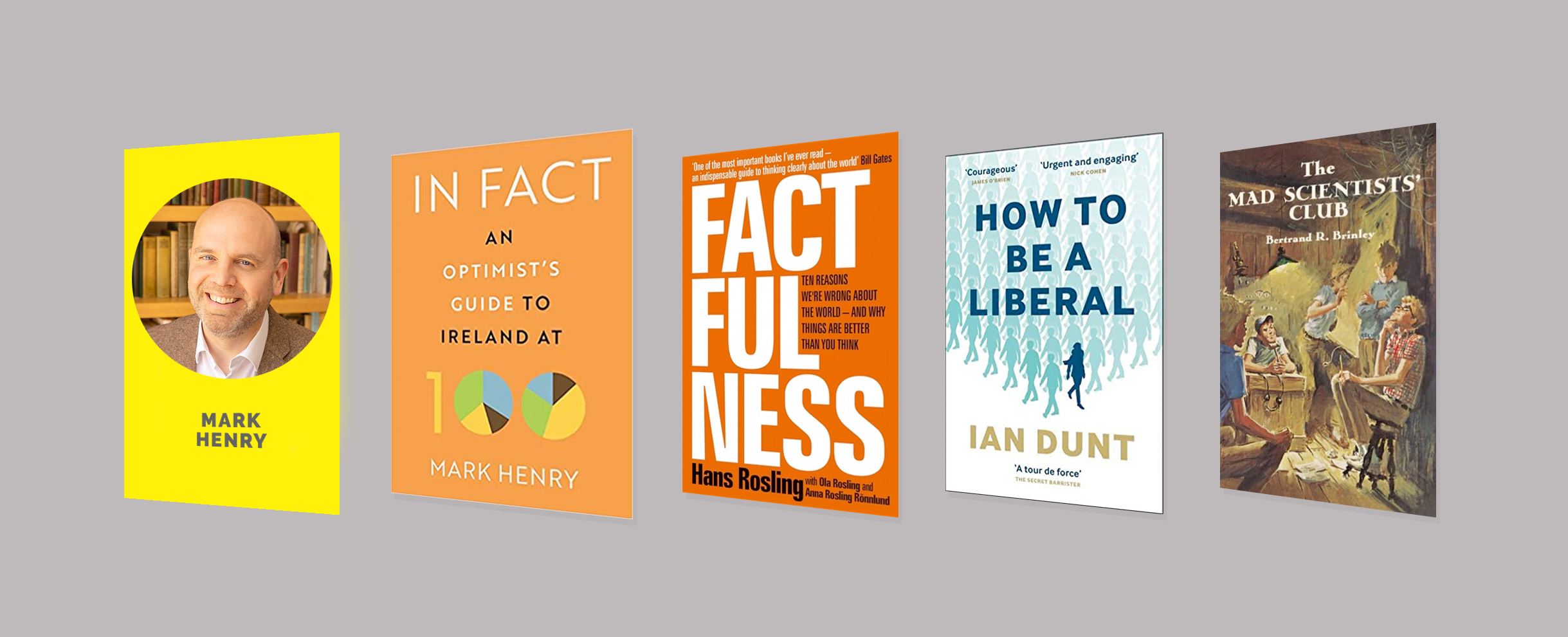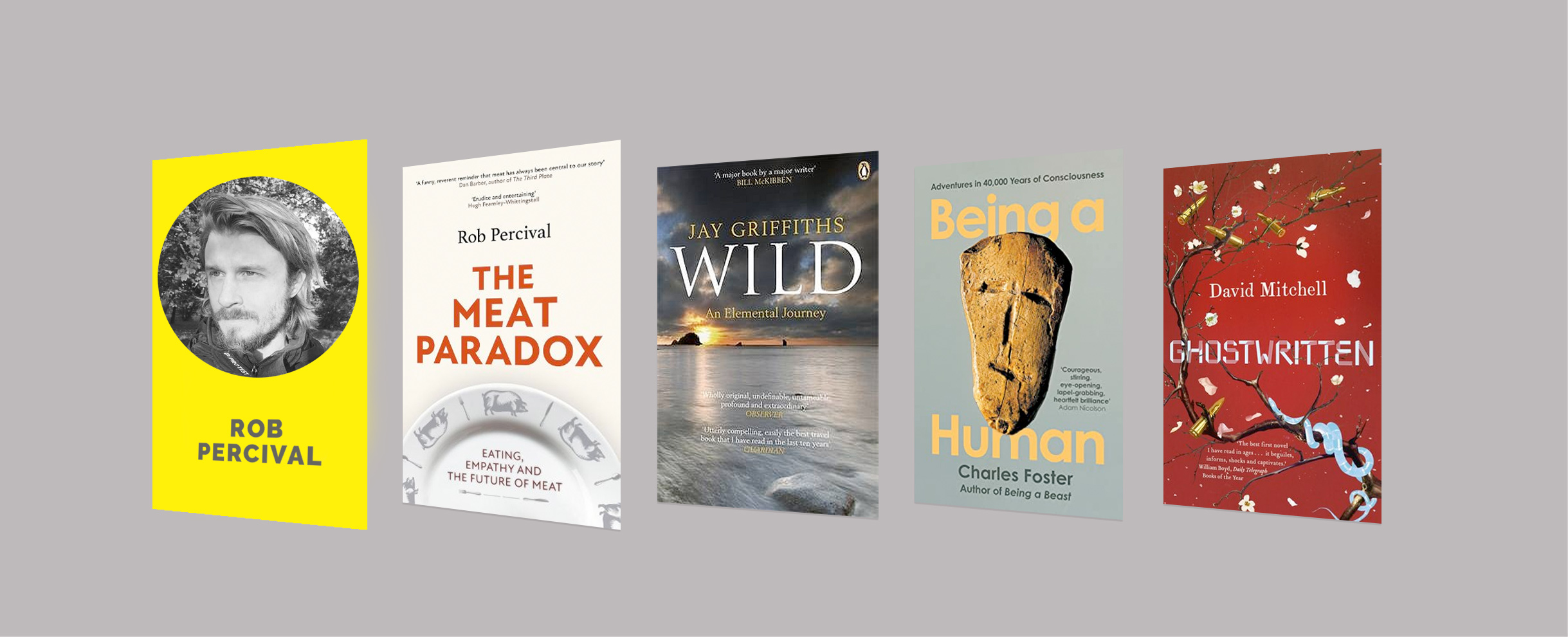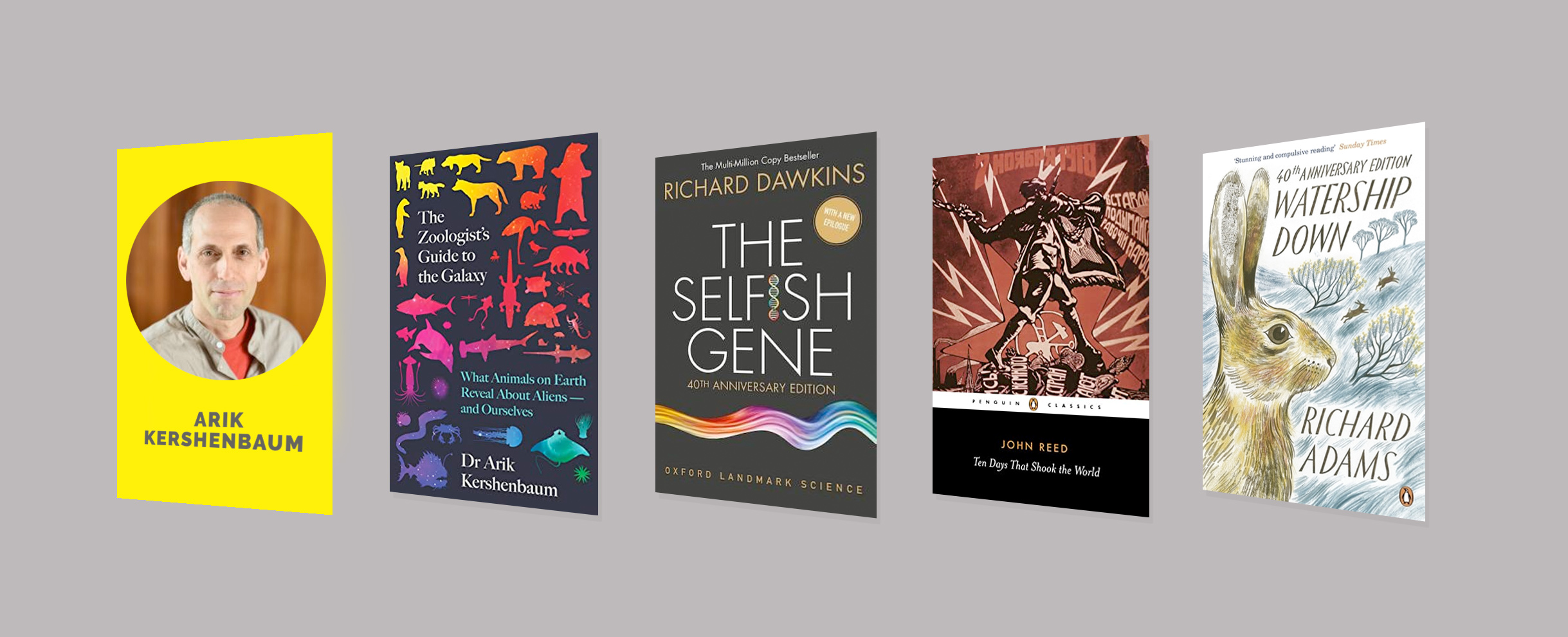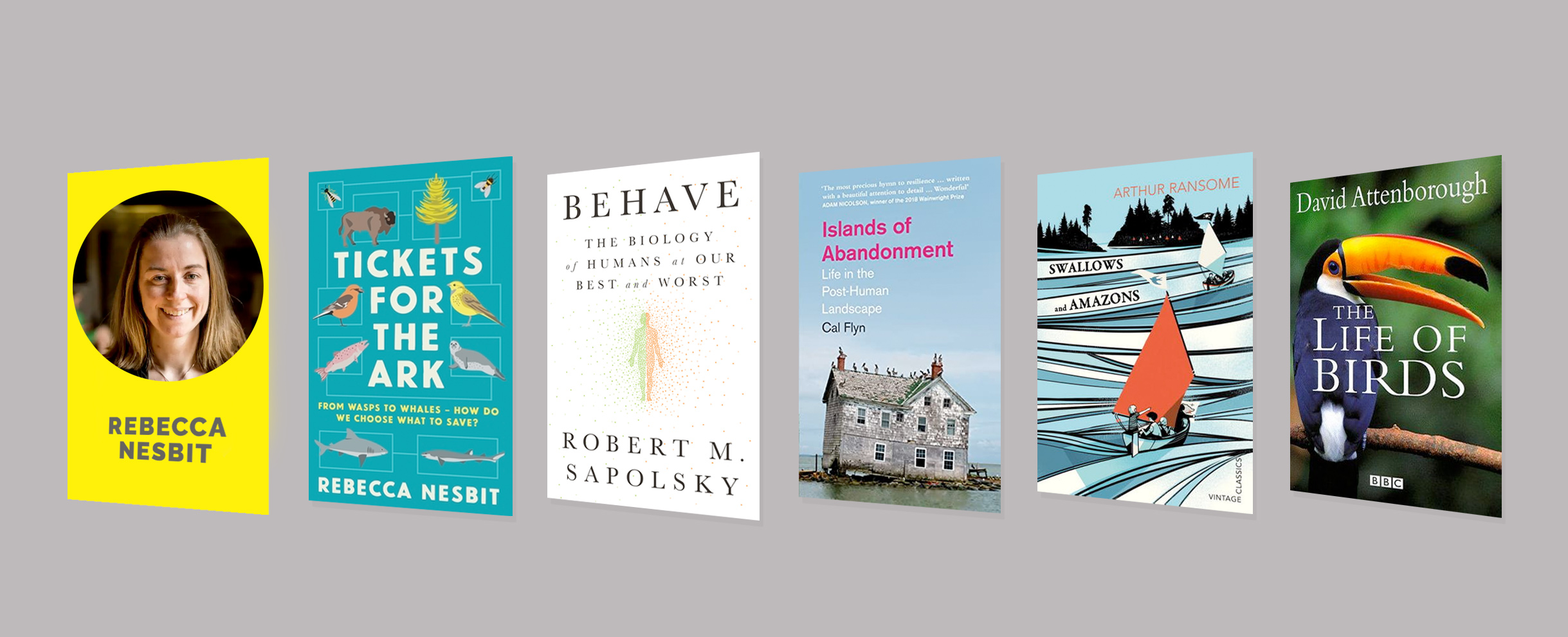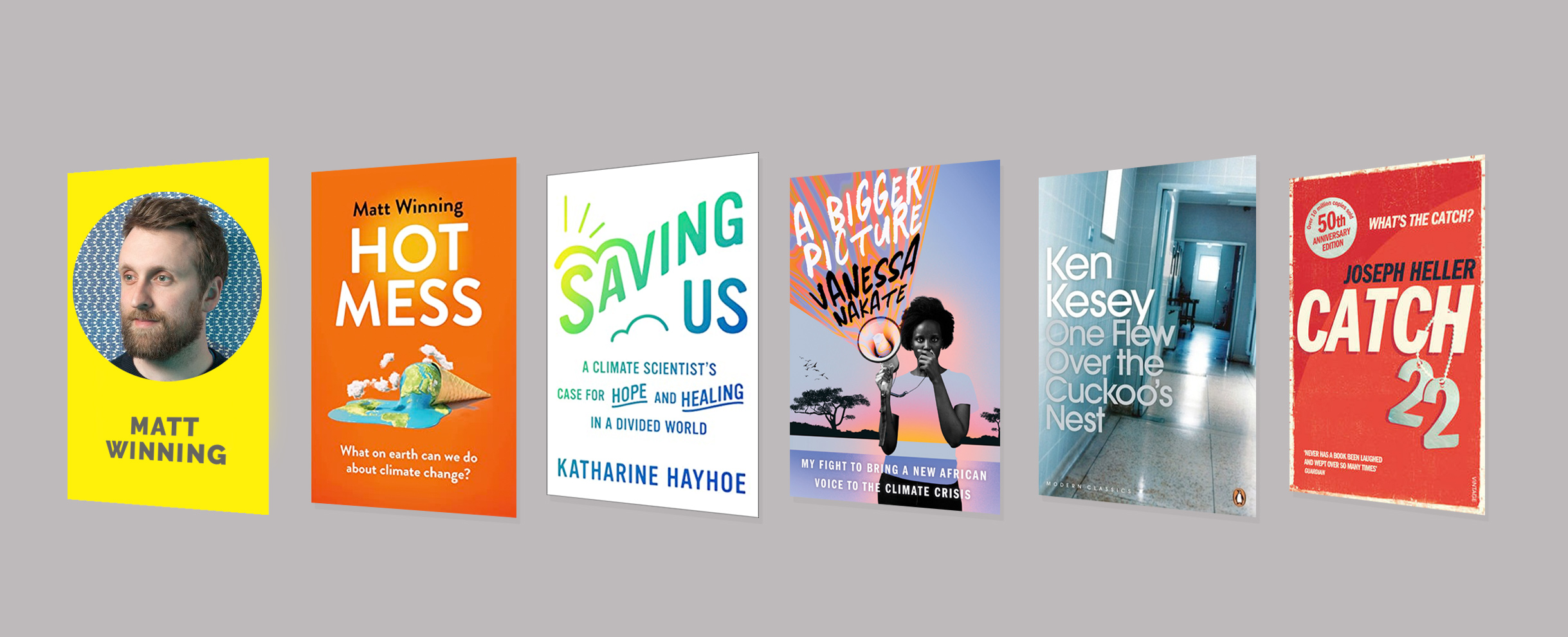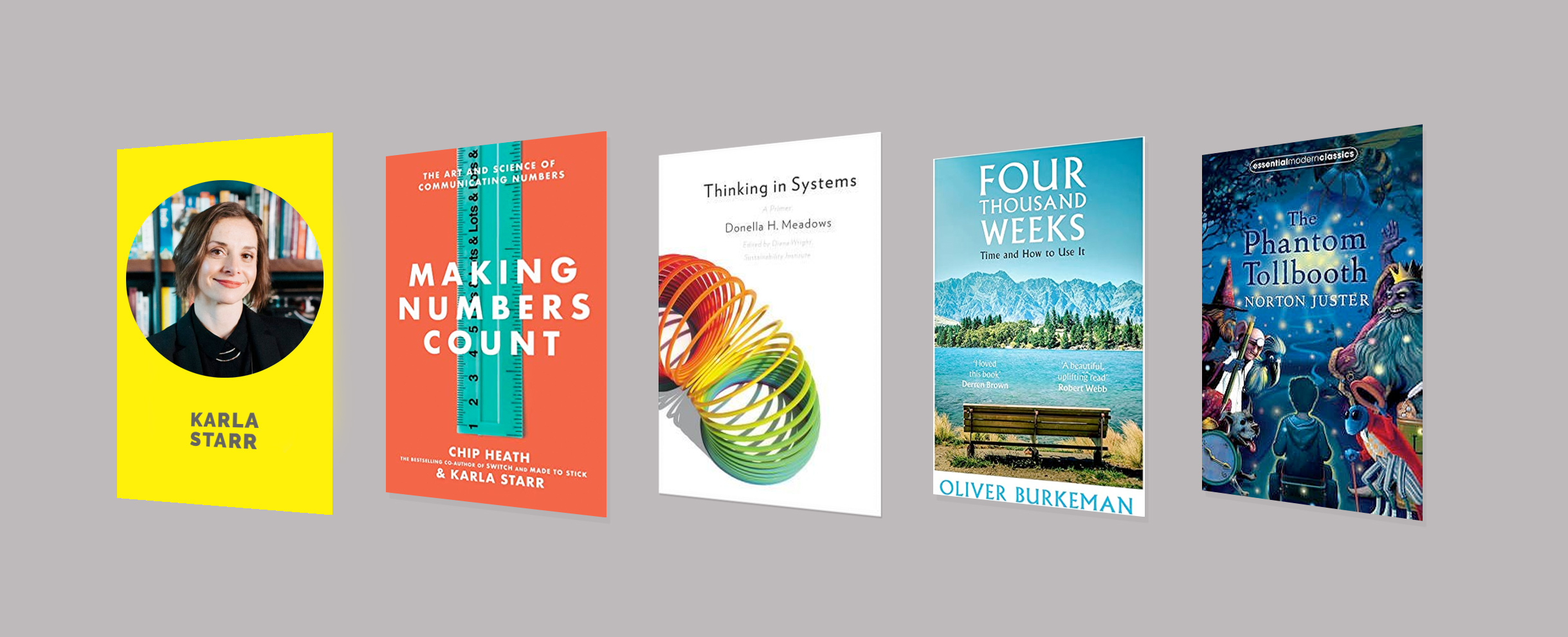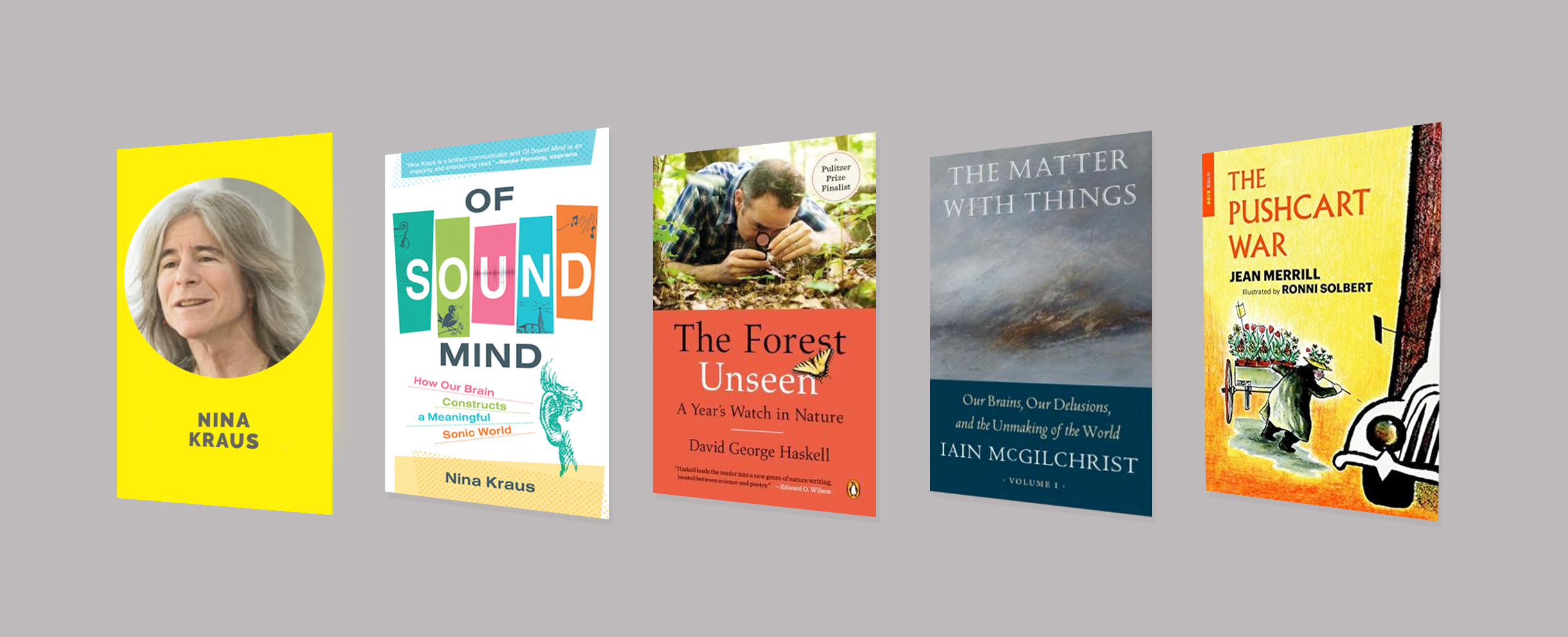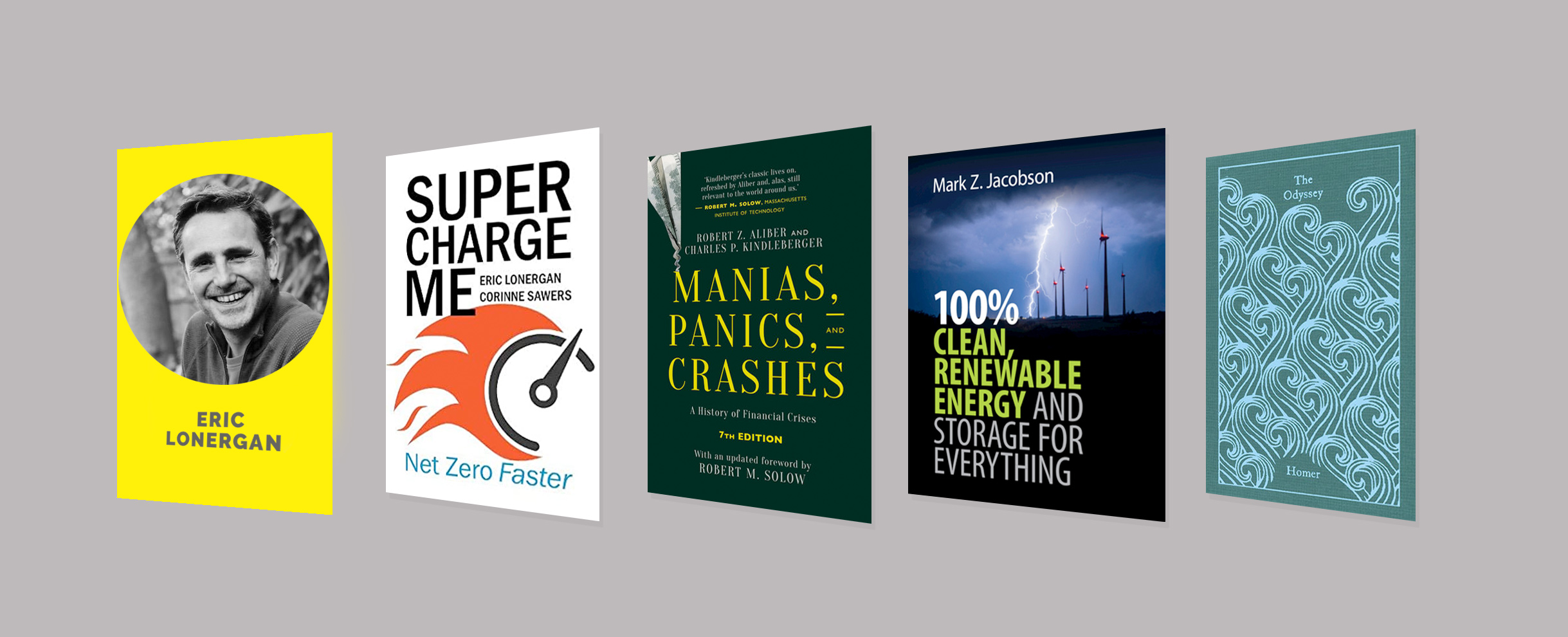Interview with Paul Morland, author of Tomorrow's People: The Future of Humanity in Ten Numbers
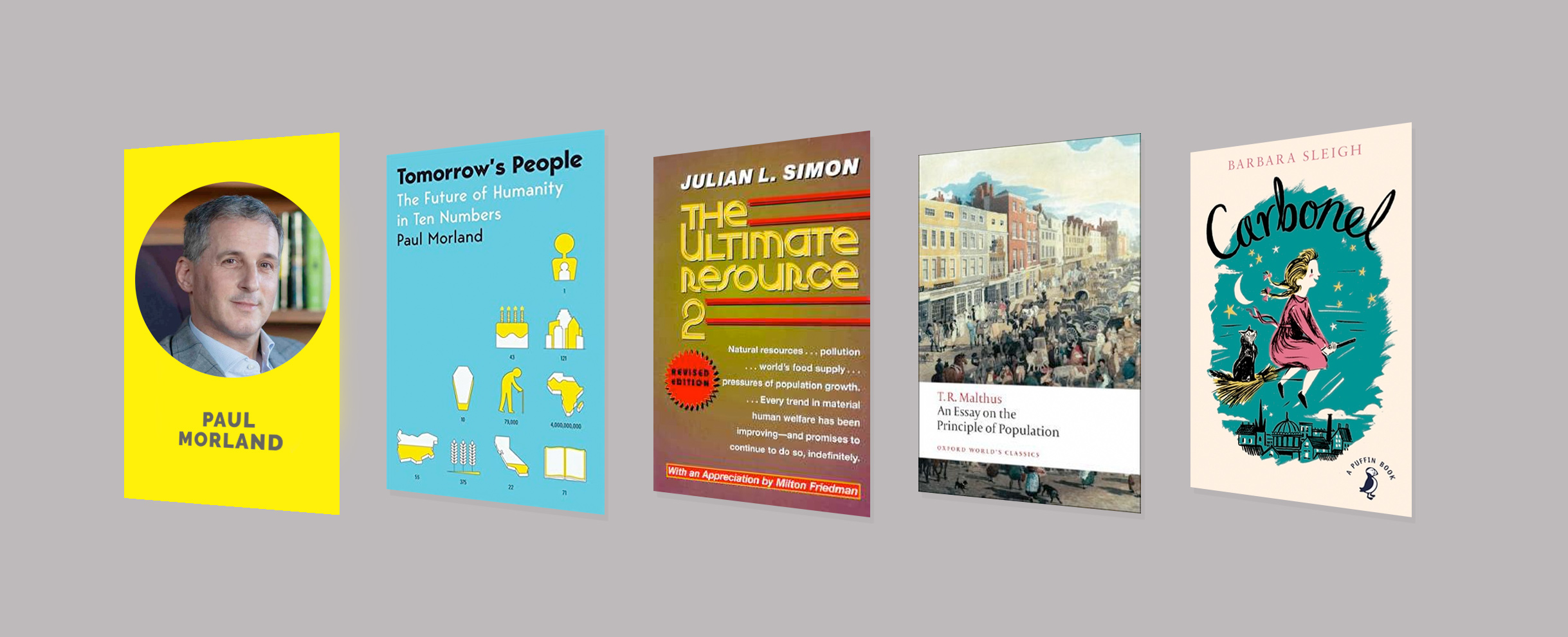
Paul Morland, author of Tomorrow's People: The Future of Humanity in Ten Numbers recommends some fantastic books! Before jumping into the interview, please check out Paul's book:
Review from Book Depository:
The great forces of population change - the balance of births, deaths and migrations - have made the world what it is today. They have determined which countries are superpowers and which languish in relative obscurity, which economies top the international league tables and which are at best also-rans.
(All links earn commission from purchases. Prices accurate at time of writing)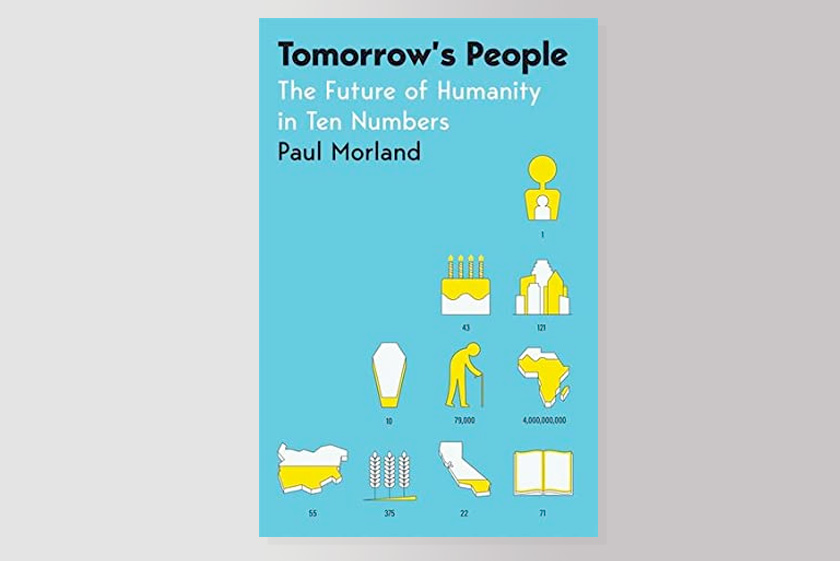
Tomorrow's People: The Future of Humanity in Ten Numbers
The same forces that have shaped our past and present are shaping our future. Illustrating this through ten illuminating indicators, from the fertility rate in Singapore (one) to the median age in Catalonia (forty-three), Paul Morland shows how demography is both a powerful and an under-appreciated lens through which to view the global transformations that are currently underway.
Tomorrow's People ranges from the countries of West Africa where the tendency towards large families is combining with falling infant mortality to create the greatest population explosion ever witnessed, to the countries of East Asia and Southern Europe where generations of low birth-rate and rising life expectancy are creating the oldest populations in history. Morland explores the geographical movements of peoples that are already under way - portents for still larger migrations ahead - which are radically changing the cultural, ethnic and religious composition of many societies across the globe, and in their turn creating political reaction that can be observed from Brexit to the rise of Donald Trump. Finally, he looks at the two underlying motors of change - remarkable rises in levels of education and burgeoning food production - which have made all these epochal developments possible.
Tomorrow's People provides a fascinating, illuminating and thought-provoking tour of an emerging new world. Nobody who wants to understand that world should be without it.
Buy On:
Easons €28.00
Book Depository €16.59
Waterstones £20.00
Wordery $22.64
Q. Do you have a favourite smart thinking book (and why that book)?
Julian Simon's The Ultimate Resource. I am not a fully paid-up member of the optimist brigade, but I find their thinking compelling, and I think Simon's book is the font of so much later fascinating work by people like Matt Ridley and Steven Pinker.
Review From Book Depository
Arguing that the ultimate resource is the human imagination coupled to the human spirit, Julian Simon led a vigorous challenge to conventional beliefs about scarcity of energy and natural resources, pollution of the environment, the effects of immigration, and the "perils of overpopulation." The comprehensive data, careful quantitative research, and economic logic contained in the first edition of The Ultimate Resource questioned widely held professional judgments about the threat of overpopulation, and Simon's celebrated bet with Paul Ehrlich about resource prices in the 1980s enhanced the public attention--both pro and con--that greeted this controversial book. Now Princeton University Press presents a revised and expanded edition of The Ultimate Resource. The new volume is thoroughly updated and provides a concise theory for the observed trends: Population growth and increased income put pressure on supplies of resources. This increases prices, which provides opportunity and incentive for innovation. Eventually the innovative responses are so successful that prices end up below what they were before the shortages occurred.
(All links earn commission from purchases. Prices accurate at time of writing)
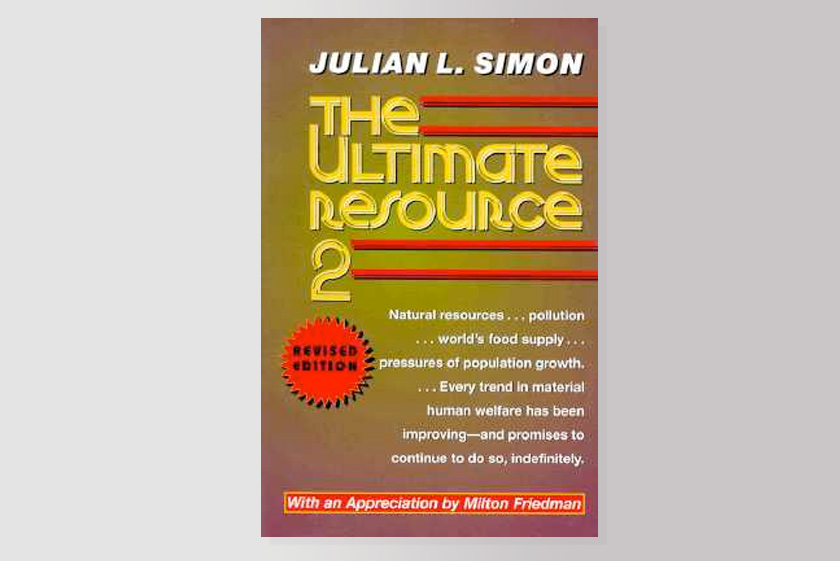
The Ultimate Resource 2
The book also tackles timely issues such as the supposed rate of species extinction, the "vanishing farmland crisis," and the wastefulness of coercive recycling. In Simon's view, the key factor in natural and world economic growth is our capacity for the creation of new ideas and contributions to knowledge. The more people alive who can be trained to help solve the problems that confront us, the faster we can remove obstacles, and the greater the economic inheritance we shall bequeath to our descendants. In conjunction with the size of the educated population, the key constraint on human progress is the nature of the economic-political system: talented people need economic freedom and security to bring their talents to fruition.
Buy On:
Book Depository €91.60
Waterstones £62.00
Wordery $80.00
Q. What's the most recent smart thinking book you've read (and how would you rate it)?
I just re-read the 1798 version of Malthus's Essay on the Principle of Population. It is a masterly example of an early smart thinking book, much more parsimonious and less empirical than the later versions and largely wrong, but a brilliant theory getting the ball of demography rolling.
Review from Book Depository:
Malthus's Essay looks at the perennial tendency of humans to outstrip their resources: reproduction always exceeds food production. Today Malthus remains a byword for concern about man's demographic and ecological prospects.
(All links earn commission from purchases. Prices accurate at time of writing)
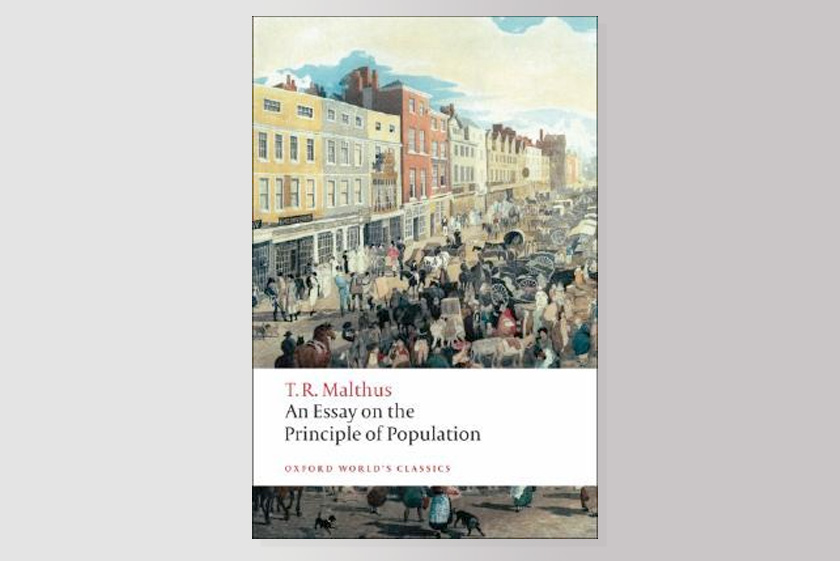
An Essay on the Principle of Population
Buy On:
Book Depository €7.69
Waterstones £8.99
Wordery $10.14
Q. Do you have a favourite childhood book?
I have fond memories of Edward Eager's Magic By the Lake and Barbarba Sleigh's Carbonel books. I'm not sure why I never go around to reading these to my children.
Review From Book Depository
This is the story of a cat, a broomstick and an ordinary schoolgirl called Rosemary. She bought them both in the market, quite cheaply. Of course, neither the cat nor the broomstick were just what they seemed, and they turned up just when Rosemary badly needed something nice to happen to her. A good cat is apt to be independent, so she did not have things all her own way, and as Carbonel proved to be a Royal cat in a very special sense, that was understandable. Between the cat and the broomstick, Rosemary picked up some useful spells and magic, and the adventures they brought about turned a dull-looking holiday into one long to be remembered for its unexpected excitements and rewards.
(All links earn commission from purchases. Prices accurate at time of writing)

Carbonel
Buy On:
Book Depository €9.50
Waterstones £7.99
Wordery $10.49
Q. Do you prefer reading on paper, Kindle or listening to an audiobook?
Paper. I do have a Kindle and use it a fair amount for sheer convenience. But I remember books better if I have read a physical copy. I am a devoted member of the London Library, which gives me access to more than a million books.
Q. Do you have a favourite bookshop (and why that shop)?
I have nostalgic memories for Dillons in Bloomsbury. It was a real rabbit warren when I was a child and there was always a new corner in which to lose yourself. Today it is an excellent and very large branch of Waterstones.
Many thanks to Paul for recommending some fantastic books! Please don't forget to check out Paul's book Tomorrow's People: The Future of Humanity in Ten Numbers.
Daryl
Image Copyrights: Pan Macmillan (Tomorrow's People), Princeton University Press (The Ultimate Resource 2), Oxford University Press (An Essay on the Principle of Population), Penguin Random House Children's UK (Carbonel).
< Home

